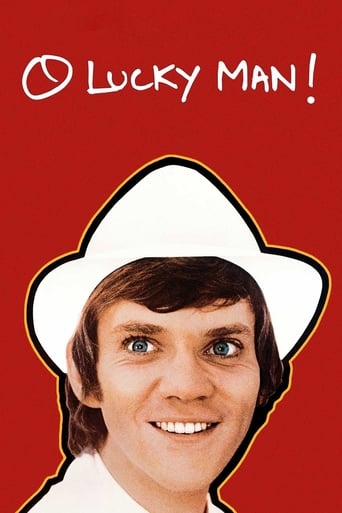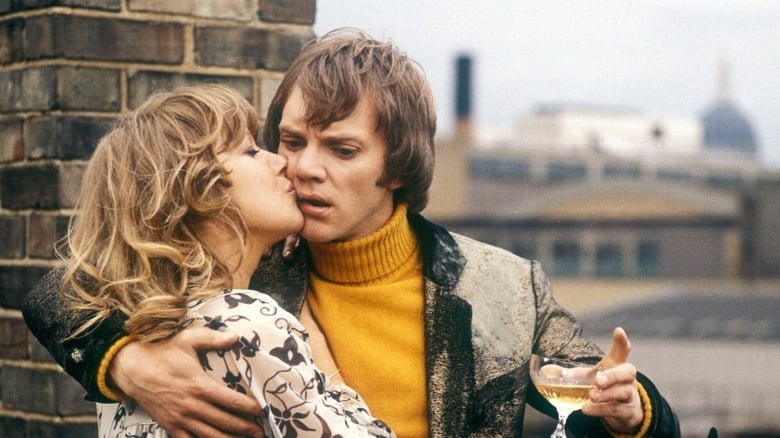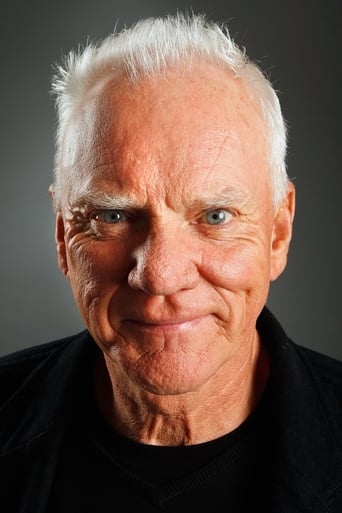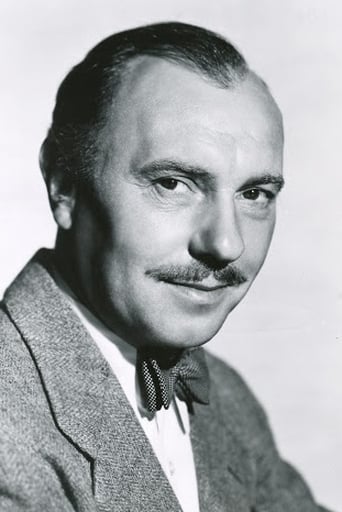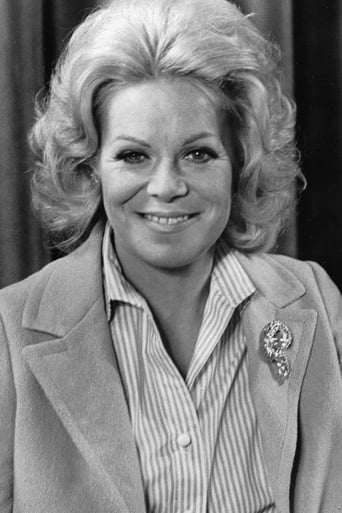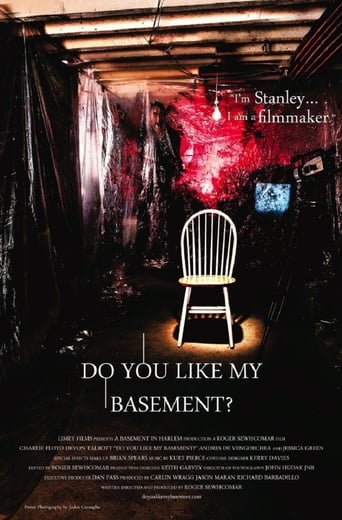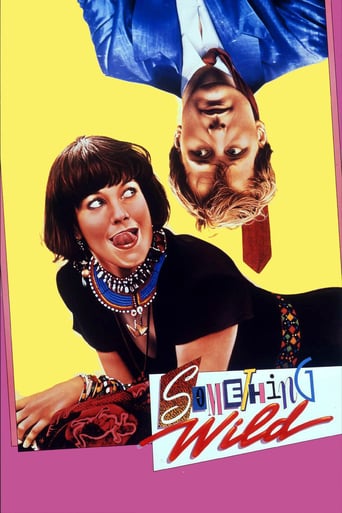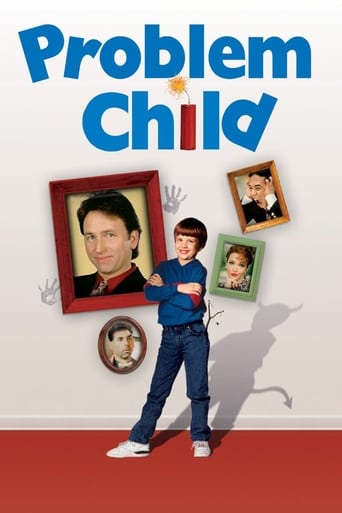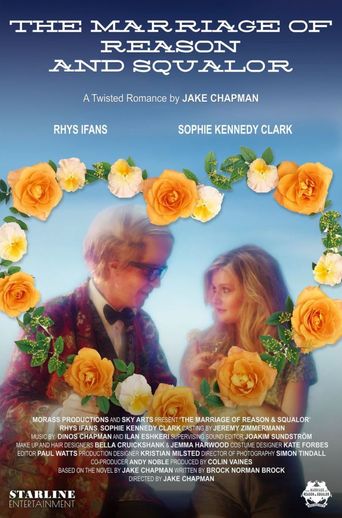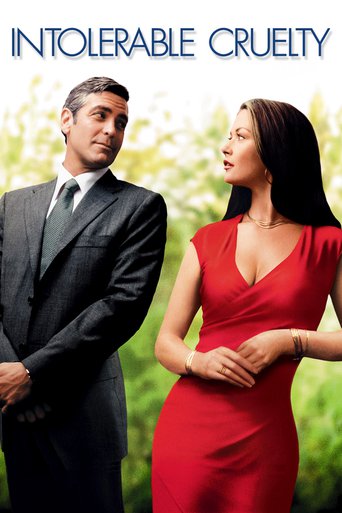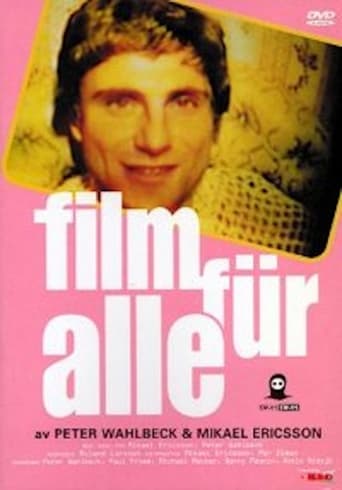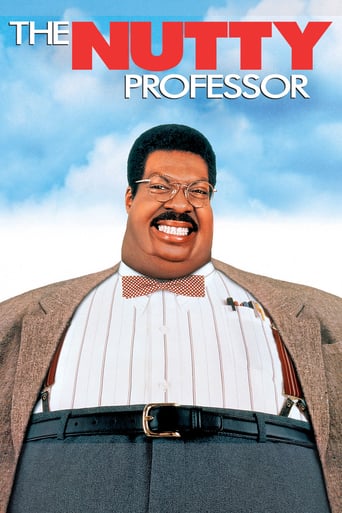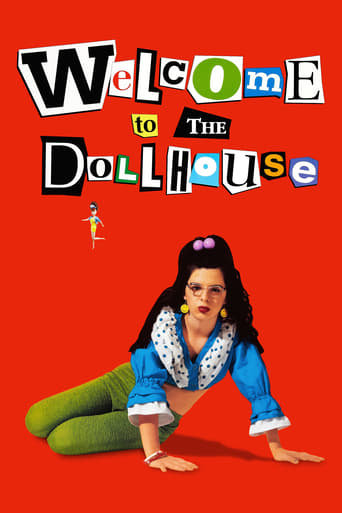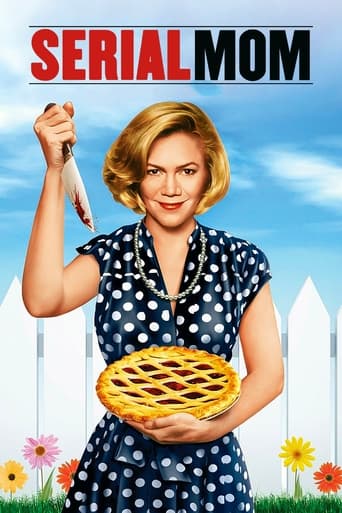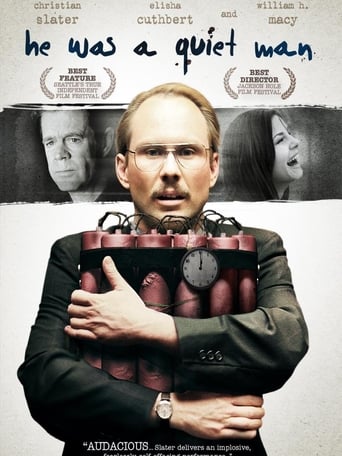O Lucky Man! (1973)
This sprawling, surrealist comedy serves as an allegory for the pitfalls of capitalism, as it follows the adventures of a young coffee salesman in modern Britain.
Watch Trailer
Cast


Similar titles
Reviews
I didn't quite know what dystopian meant until I read it years ago in a review of "A Clockwork Orange" and looked it up. Dystopian: relating to or denoting an imagined place or state in which everything is unpleasant or bad.It applies equally to Lindsay Anderson's "O Lucky Man!" although it is set in contemporary Britain circa 1973. The film seemed to draw a lot of energy from Kubrick's "A Clockwork Orange" mainly through Malcolm McDowell's performance – he even gets beaten up by homeless people in both movies.In "O Lucky Man!" he plays Mick Travis, a naïve young coffee salesman who is sent to the four corners of Britain uncovering everything the filmmakers thought was wrong with the country and society in general.Viewed 45 years later "O Lucky Man!" seems a pretty heavy-handed satire, especially the sequences involving Sir James Burgess (Ralph Richardson), the Africans and Honey. Most of the characters climb onto their soapbox at one time or another.Lindsay Anderson's sense of satire often ran to explosions or mowing people down if you remember the ending of "If". But it was the 70's and self-indulgent movies were de rigueur, however based on length alone, this one would have to take the cake. It's long, really long, and to emphasise the fact, some of the actors reappear a number of times as different characters, the way a marching band will come around again and again in a long parade.Although the British establishment was in director Lindsay Anderson's sights, other things were happening in the 70's to make any viewpoint fuzzy: Vietnam, drugs, hippies, strikes, left wing militants, Watergate and disillusionment with institutions everywhere.To show how much the 70's were playing with the filmmaker's heads, the sanest, calmest and most enlightened group in the film are the members of the rock band whose song lyrics punctuate proceedings every now and then."O Lucky Man!" is possibly a hard one to sit through these days, but as an example of the way society was gazing into its navel in the 1970's, it's fascinating.
In 1968's "If...", Lindsay Anderson focused on the brutality of the UK's boarding school system. He followed that up with "O Lucky Man!", in which Malcolm McDowell's character Mick Travis enters the labor force. Told that he would be a big success in the corporate world, Travis gets ripped off every step of the way. I should remind you that this movie is a comedy, falling somewhere between slapstick and black comedy.A trick that the movie uses is casting every person in multiple roles. This trick reminded me of Christian Marquand's "Candy". But some of the most impressive scenes are the musical interludes with Alan Price. And the rest of the cast? Aside from the man known as Alex the Droog, we have Ralph Richardson, Helen Mirren, Philip Stone (Alex's father in "A Clockwork Orange" and Grady in "The Shining"), Rachel Roberts (the headmistress in "Picnic at Hanging Rock"), Warren Clarke (Dim in "A Clockwork Orange"), Vivian Pickles (Harold's mother in "Harold & Maude"), Brian Glover (the hostile tavern patron in "An American Werewolf in London") and Jeremy Bulloch (Boba Fett in the "Star Wars" movies*).But the important thing is that the movie indicts the exploitation inherent in the corporate world. A similar movie that I recommend is "The Magic Christian", starring Peter Sellers and Ringo Starr. You're sure to love it, not least because of the great soundtrack.*This is the second time that Malcolm McDowell appeared alongside a "Star Wars" cast member. David Prowse (Darth Vader) appeared as Mr. Alexander's caretaker in "A Clockwork Orange".
The intent of this film review is to encourage the viewing of this underrated film O' Lucky Man, by a largely neglected English film director Lindsay Anderson. Readers should be aware from the onset that it may be considered a spoiler providing too much information, it's a fine line between too much/ too little information and I hope I've struck the right balance.Lindsay Anderson directed a trilogy of films around the central character of Mick Travis; they follow his travails through lives vicissitudes. The first film if... relates to his education in the bourgeoisie class ridden English education system. The second film O' Lucky Man covers his experiences in the world of work how he attempts to cope with having to make a living for himself in the dog eat dog world of 1970's England. I have to correct the misstated description here on IMDb of the film being a 'musical', it is NOT a musical, this is to clear up any misconceptions of people who could easily be put off watching it by taking this literally. Musicals in the popular consciousness conjures up the considerations of Oklahoma, and Mamma Mia where the films characters sing about their lot, whereas O' Lucky Man uses music as a 'soundset' to set or underline film scenes in an organic way with the musicians featuring an integral part of the film as characters in the films story. This is an important and not semantic delineation of the use of music as an essential element in the films storytelling.The third film of the trilogy is Britannia Hospital a savage satire of 1970's Britain of the fault lines of contemporary society, where no side comes out completely unscathed from Lindsay Anderson's biting criticism. It features Mick Travis as an investigative journalist endeavouring to undertake an expose of the Hospital to uncover its 'secrets'. The Hospital really stands as a metaphor for British society containing all of its foibles and idiosyncrasies.The three films don't need to be viewed in sequence they stand as individual works in their right they merely cover the journey of self discovery of Mick Travis through the formative period of his existence. I thoroughly recommend all three of them to anyone familiar or not with Lindsay Anderson, they can serve as an introduction to him and his abilities as a film director as well as providing a prism through which to view contemporary English/British society of the latter 20th Century or at least the decade of the 1970's.
For the first hour or so of this movie, everything seems pretty straightforward. Michael (played by Malcolm McDowell) is a young coffee salesman who's just starting to climb the ladder of success. His slow rise is sometimes humorous, and - with its sexual content - was somewhat reminiscent of the later American movie "The Secret Of My Success." At about the hour mark, though, this turns increasingly bizarre, beginning with Michael's arrest at a military installation. At that point his identity as a coffee salesman seems, for some reason, to simply disappear, and for the next two hours (yes, this is slightly over three hours long!) the movie takes on a darkly satirical note, critiquing pretty much everything: capitalism, religion, socialism, intellectuals - "the system" in general. No doubt the critique has some validity. I appreciated its balance in skewering pretty much everything, and truly appreciated that it took on the left as well as the right - so that Marx's famous dictum about religion becomes rephrased as "Revolution is the Opium of the Intellectuals" and Michael ends up being not only rejected but attacked by the homeless he tries to help; I took from all this the suggestion that socialists are often quite disconnected from those they claim to represent. The critique is valid, then, and the movie does make you think. It's also quite rambling at times, though, and often seems to lose its focus - or perhaps its better to say that it never really found its focus. In the end, it leaves little hope for redemption of any kind. If everything is as bad as this movie portrays, then frankly Mrs. Richards was right - and I'll say no more about that; you can watch the movie to find out about Mrs. Richards. In the end, I found this to be a rather dark and even depressing movie. 4/10

